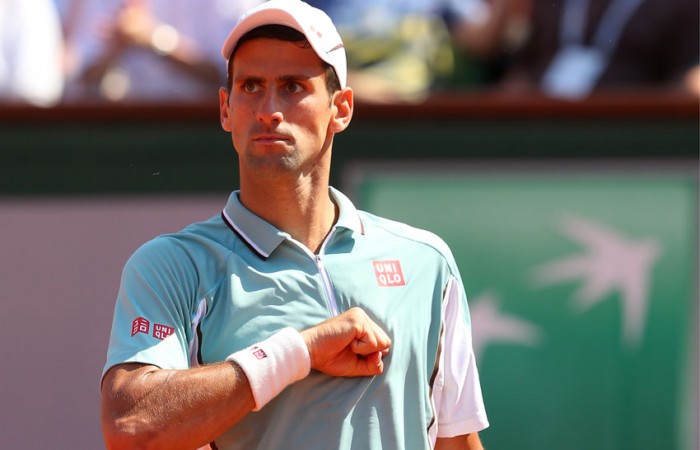Learn to play the big points best
Often the only thing which separates evenly-matched opponents is how well they play on important points. Play these better, and you'll most likely win.
Melbourne, Australia, 11 July 2013 | Michael Filosi | Australian Tennis Magazine

One of the many reasons tennis is enjoyed by players and spectators alike is the key pivotal moments within a match that can tip the balance of a contest one way or the other. While each point holds the same actual value on the scoreboard, there are times when one point becomes crucial.
Whether you’re a beginner or a professional, winning these important points is critical to your chances of winning, and these tips will help you get the job done next time you face a must-win point.
In a contest between two evenly matched opponents, often the only thing which separates them is how well they each play when faced with an important point. Generally, the player who is best able to hold their nerve on the big points will go on to win.
There is a tendency in tense moments within a match to rush your shot or to hurry your general play, especially on serve. It is helpful in these instances to maintain the same tempo of your previous play and keep the same rhythm when you play a must-win point.
When faced with a must-win point, it is vital that the fundamentals of your shot do not change. A small change in the angle of your racquet face will significantly alter where your shot lands, so keeping your body’s movements fluid and ensuring your muscles do not tense up is very important. Make sure to:
Another key to winning clutch points is staying focused on the very next task at hand – don’t lose sight of the very next shot you have to play among all the unnecessary information that can easily clog your thoughts when playing pivotal points.
Focus less about the outcome if the shot goes in or out, and more on the process involved in playing the shot. By focusing on the process involved in playing a shot, the result will tend to look after itself.
Chances are that if you are feeling nervous ahead of a big point, so too is your opponent. Therefore, during tight moments, the player who can make their opponent play that extra shot and give away fewer free points will go on to win.
It’s vital that your second serve goes into play and that you don’t give away any free points to your opponent through double faults. Just as significant is making sure that you get your opponent’s serve back into play when receiving during a pivotal point. Nothing is worse than letting your opponent off the hook at a crucial stage in a match by gifting them a big point without making them earn it.
For more tips from the experts on how to improve your game, check out the latest edition of Australian Tennis Magazine.